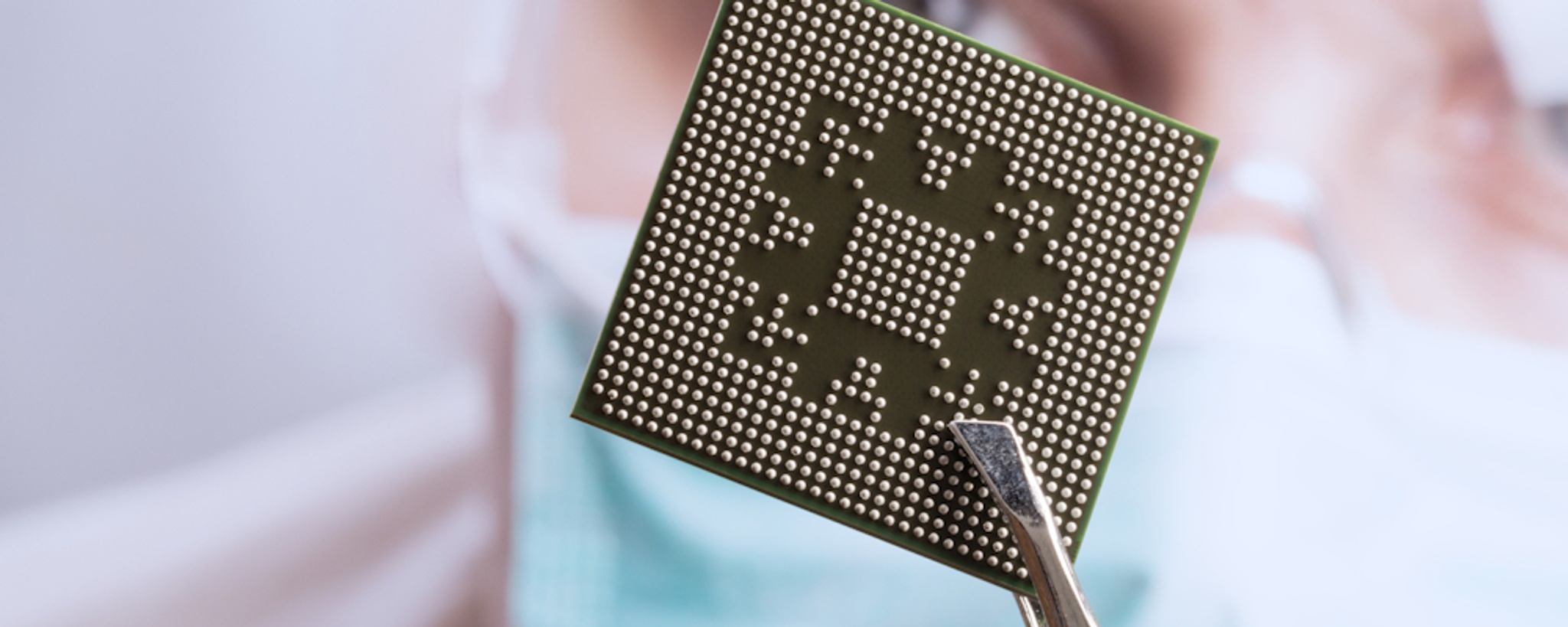Asia-Pacific
Navigate forward to interact with the calendar and select a date. Press the question mark key to get the keyboard shortcuts for changing dates.
Navigate backward to interact with the calendar and select a date. Press the question mark key to get the keyboard shortcuts for changing dates.
Featured
Understanding and Comparing National Innovation Systems: The U.S., Korea, China, Japan, and Taiwan

This collaborative project between ITIF and Chey Institute for Advanced Studies compares and contrasts the national innovation systems of five economies—the United States, Korea, China, Japan, and Taiwan—to determine how well they are positioned to support innovation in key foundational and emerging technologies.
More Publications and Events
February 9, 2026|Blogs
Fact of the Week: Industries Impacted by a Quasi-Robot Tax in South Korea Reduced Industrial Robot Installations by 28 Percent
After South Korea reduced its tax credit for automation in 2018 from 7 percent to 3 percent for large firms, South Korean industries, on average, reduced robot installations by 28 percent compared with their Japanese counterparts.
February 8, 2026|Op-Eds & Contributed Articles
Why Korea Must Learn the New Trump Trade Playbook
The Trump administration’s tariff pressure reflects a transactional shift in U.S. trade policy, linking reciprocity to investment execution, regulatory predictability, and geopolitical alignment. Korea can adapt to this new playbook or absorb the economic consequences.
February 6, 2026|Blogs
Washington Should Draw a Line in the Sand on Korea to Defend U.S. Tech Leadership
The House Judiciary Committee has launched an investigation into South Korea's discriminatory targeting of U.S. tech companies, particularly Coupang, marking an important escalation in Washington's pushback against non-tariff attacks that use regulatory measures to weaken American technology leadership. These attacks—which have cost U.S. tech companies over $30 billion globally in the past decade—disproportionately target American firms through fines, operational restrictions, and forced infrastructure investments while creating openings for Chinese competitors.
January 21, 2026|Blogs
Korea’s Proposed Fairness Act: Will It Discriminate Against American Firms?
The Korea Fair Trade Commission's past enforcement against U.S. technology firms justifies concerns that the proposed Fairness Act will reflect de facto discrimination against American commerce.
January 16, 2026|Testimonies & Filings
Comments to the Australian Competition & Consumer Commission Regarding Google and Epic Games
The ACCC should accept Epic and Google’s application to settle their longstanding antitrust litigation, and Australia need not be concerned that the flawed catalog-sharing remedy in the United States is not a part of it.
December 28, 2025|Op-Eds & Contributed Articles
How Digital Services Actually Help Korea’s Small Businesses
Cloud computing, artificial intelligence (AI)-based tools, digital advertising, e-commerce platforms and online human resources systems have become the most practical way smaller firms close the capability gap with larger competitors.
December 25, 2025|Op-Eds & Contributed Articles
Korea’s $700B Export Record Is an Achievement, Not a Growth Strategy
South Korea’s record $700 billion in exports in 2025 is an achievement. But relying on a narrow set of export champions while limiting imports and domestic productivity will not deliver durable prosperity. Korea must pivot toward economy-wide productivity growth.
December 22, 2025|Blogs
Korea’s “Online Platform Fairness” Bill Risks Becoming a Digital Non-Tariff Barrier
If South Korea seeks a globally credible competition law framework, it should avoid implementing a model of digital antitrust regulation that is, in many ways, even more intrusive than the EU's Digital Markets Act.
December 5, 2025|Blogs
Getting Korea's Narrative Right: AGI Is a Productivity Shock, Not a Justification for Public Compute
Some Korean commentary misreads AGI as a threat to labor and a rationale for public compute. In reality, AGI is better understood as a productivity shock that expands economic output. Resetting the narrative is essential for Korea to pursue policies that strengthen private-sector capacity, support AI diffusion, and enhance innovation.
December 3, 2025|Blogs
Reducing Trade Friction Can Strengthen the U.S.–India Technology Partnership
Lowering tariffs with India would reinforce one of America’s most important emerging technology partnerships. Completing negotiations and sustaining investment would strengthen supply chains and enhance U.S. economic and strategic competitiveness.



